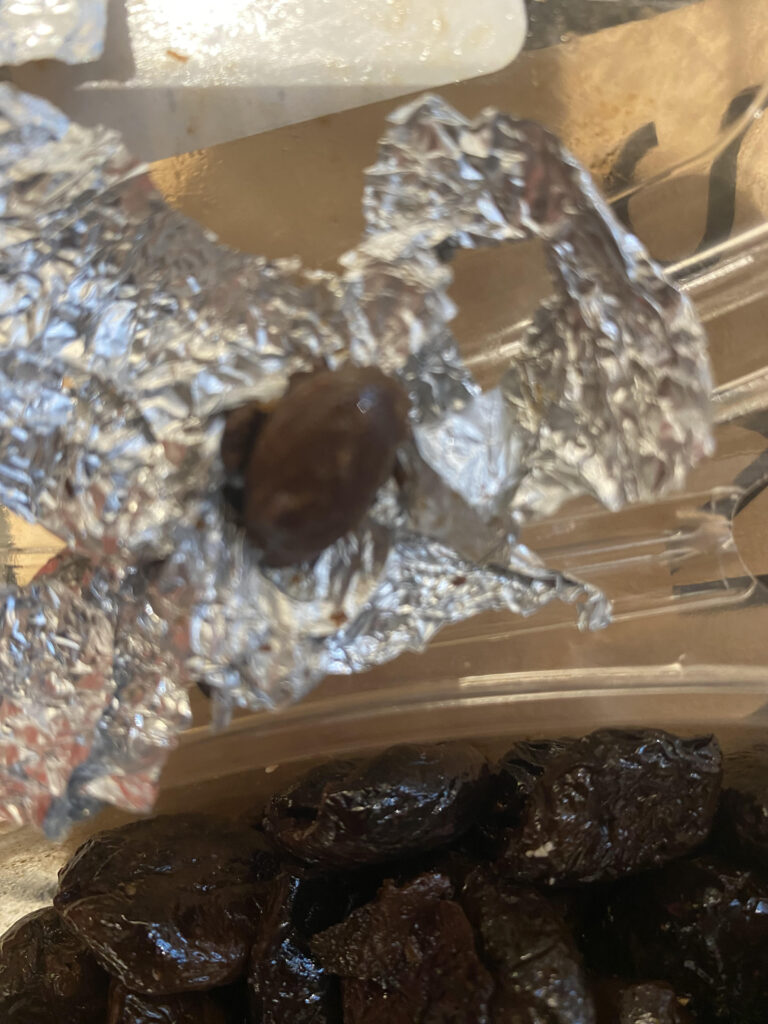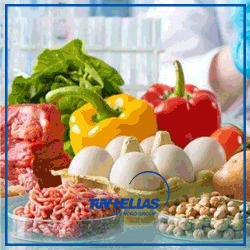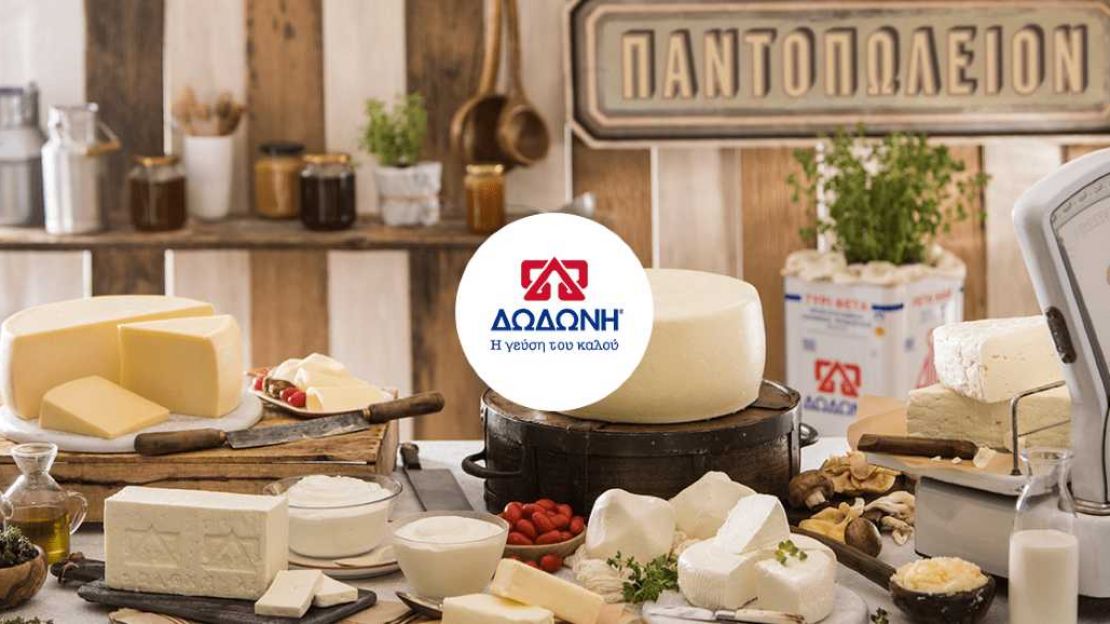Να μιλήσουμε για HACCP στην Ιρλανδία;
Πριν από λίγες μέρες, αγόρασα μαροκινές ελιές και στις 16/10 δάγκωσα ένα κουκούτσι με αποτέλεσμα να μου σπάσει ένα σφράγισμα…
Στις 17/10, πήγα στο supermarket (Dunnes) από όπου είχα αγοράσει τις ελιές και τους εξήγησα το συμβάν.

Ο store manager των Dunnes με έφερε σε επαφή με τον ευγενέστατο εκπρόσωπο της εταιρείας που πουλάει το εν λόγω τρόφιμο στα Dunnes, ο οποίος μου απάντησε την ΙΔΙΑ μέρα και μου έστειλε το παρακάτω email και το παρακάτω κείμενο.
Τα κουκούτσια είναι σχεδόν αδύνατο να ανιχνευθούν, σωστά;
Μια ερώτηση για τους υπεύθυνους συστημάτων HACCP στην Ελλάδα.
Τα σχόλια και οι απαντήσεις είναι ευπρόσδεκτες στο προσωπικό μου email: funfood16@gmail.com
Dear Yannis,
Thank you for taking my call earlier. I am very sorry to hear about the unfortunate incident you experienced with our olives. As I explained on the phone there is always a small risk that olives which have been categorised as pitted may still have an olive stone in them. Unfortunately there is no control which can be introduced to eliminate this risk. We ensure that our packs of pitted olives have a warning so that customers are aware of the possibility and can be careful when eating the olives.

As requested, please find attached our deli protocol which deals with this issue under the Foreign body protocol.
Let me know if you would like any further clarification.
Best wishes
Deli Protocol
Opening the Deli Counter
- Before opening the counter in the morning, inspect the display for foreign objects that may have fallen into the serve over, or stock that should not be in it.
- Check that cling film covering the bowls has not been broken or removed. If it is, the stock may have been contaminated and must be wasted.
- Remove the cling film, and transfer the stock into a new clean bowl, before replacing in the wooden barrels.
- Wipe any food spillages in the fridge with blue sanitising spray and blue paper towel. Replace mats or trays that have product spilled on them.
- Cross check the batch records with the open stock in the deli to ensure all stock is in date and fit for sale. Waste and record stock that is unfit for sale.
- If there is stock that is getting close to it’s best before date (2 days), please push on tasting, or reduce the price to help it move. Adjust the dates on the labels to reflect this.
- Check that the signage is correct to the product and that allergen folder is visible and accessible to the customer. If you do not have an allergen folder present, please contact your manager immediately.
- Check the pre-packed deli containers and the packaged cheese products for best before dates and any damage. Waste and record any that are unfit for sale and reduce the ones that are short dated. Alternatively, these may be used for tastings.
Cleaning the Deli Counter
The stainless steel bowls, and any other serving containers must be cleaned and sanitised every day. This must be carried out in the food prep area.
- Before making pre-packs, or filling bowls, sanitise the food prep area before commencing with sanitiser spray and blue roll. In traditional stores please use the sanitising spray that is on site, in Dunnes Stores locations this is the blue ‘Aseptopol’ spray.
- In the food preparation area, use a clean spatula to transfer product to a clean bowl. Place dirty bowl in sink to be washed.
- Wash the bowls and spatulas with washing detergent and hot water. In Dunnes Stores locations the detergent is ‘Assert Lemon’. Once this is done spray the dishes with sanitiser and leave for 30 seconds. Rinse the sanitiser off the dishes using hot water and dry with blue paper roll.
- Once clean and dry, dishes and utensils must be stored in their designated areas.
- The glass barrier surrounding the deli must be sanitised daily with the designated glass cleaner.
- The deli fridge, wooden barrels, wooden boards must be emptied and cleaned weekly. A record of this must be kept.
Opening new stock
- The opening of deli stock must be recorded in the deli batch records. These records must be kept at the counter.
- Product traceability is important to maintain high food safety standards on the deli counter. When opening deli stock record: product name, batch number, best before date, date opened, sell by date, and your initials on the deli batch sheet.
- Inspect the packaging of the product for any defects that put the safety of the food in question. If the packaging is damaged, report it to your team leader and await instruction.
Preparing Deli Mixes
- When making deli mixes, record each component in the batch records in the same way as any other product.
- Please make sure that the mix is approved by a manager or Team Leader.
- After making the mix, it should be kept in a labelled box in the fridge with its production date and the best before date.
- When making a best before date for this product, please give it seven days. If any of the ingredients has a date shorter than this, use the shorter date instead.
Closing
- The deli fridge must be tidied before closing. Any food spillages must be cleaned using sanitiser and blue roll.
- All serving equipment must be washed and sanitised.
- To wrap the deli bowls in cling film, remove the bowl from the wooden barrel and pull cling film over the bowl ensuring the food inside it completely covered.
- If there is little product left in the bowl, pre-pack the remaining product and wash the bowl. Leave this wooden barrel empty for the morning, as the product will last longer if opened just before service.
Deli pre-pack protocol
- Pre-packing deli product is necessary to provide customers with ready-to-go product when the counter is closed, or for customers who don’t want to engage with staff.
- Deli Products are packed with seven days of shelf life on them. Where the products main packaging indicates less than this, please reduce the date on the label accordingly.
- Never extend the date on the label longer than this. We cannot guarantee that the product will last as long outside of its original packing environment. The seven days is based on what we can guarantee, with regards to quality and safety.
Foreign body protocol
- If a foreign body is found in a deli bowl ie: food sample from a tasting, the product contained in the contaminated bowl must be wasted. The surrounding bowls must be inspected for contamination.
If there is reason to be suspicious or doubtful about the integrity of the product you must withdraw the product from sale and consult your Team Leader. The product must be held back from sale until deemed safe or wasted. - If a foreign body is found in the original bulk packaging, it must be held back from sale in its original packaging, and reported to the team leader.
- If a product containing allergens is found in a different product, the item affected must be discarded. An example is if some pesto falls into olives – these olives are now unfit for sale.
- If you are ever unsure about which action to take, remove the product in question from sale and consult your Team Leader.
- There is always a risk that pitted olives or olive tapenade supplied to us can still have a stone or a fragment of stone in an olive or in the paste. This may create a risk for a customer therefore it is imperative that all pitted olives are sold with a label with a warning ‘caution: May contain stones or stone fragments’.
This warning should automatically appear on all pitted olive and olive tapenade packs. If not the warning must be written clearly on the label and your line manager contacted to have the labelling error rectified.
Allergens
- Products containing allergens must be clearly labelled for customers to make informed decisions on what food is safe for them to consume.
- The deli signage must display allergen information for each specific product. Please refer to the Allergen list available at the counter for information on number coding.
- Allergen information for each loose product can be found on the product allergen list. Again, this must be available for customers to find even when staff are not at the counter. Please make sure this is the case.

.
Email: funfood16@gmail.com
Twitter: @yanzabet




 Ακολουθήστε το Cibum
Ακολουθήστε το Cibum 










